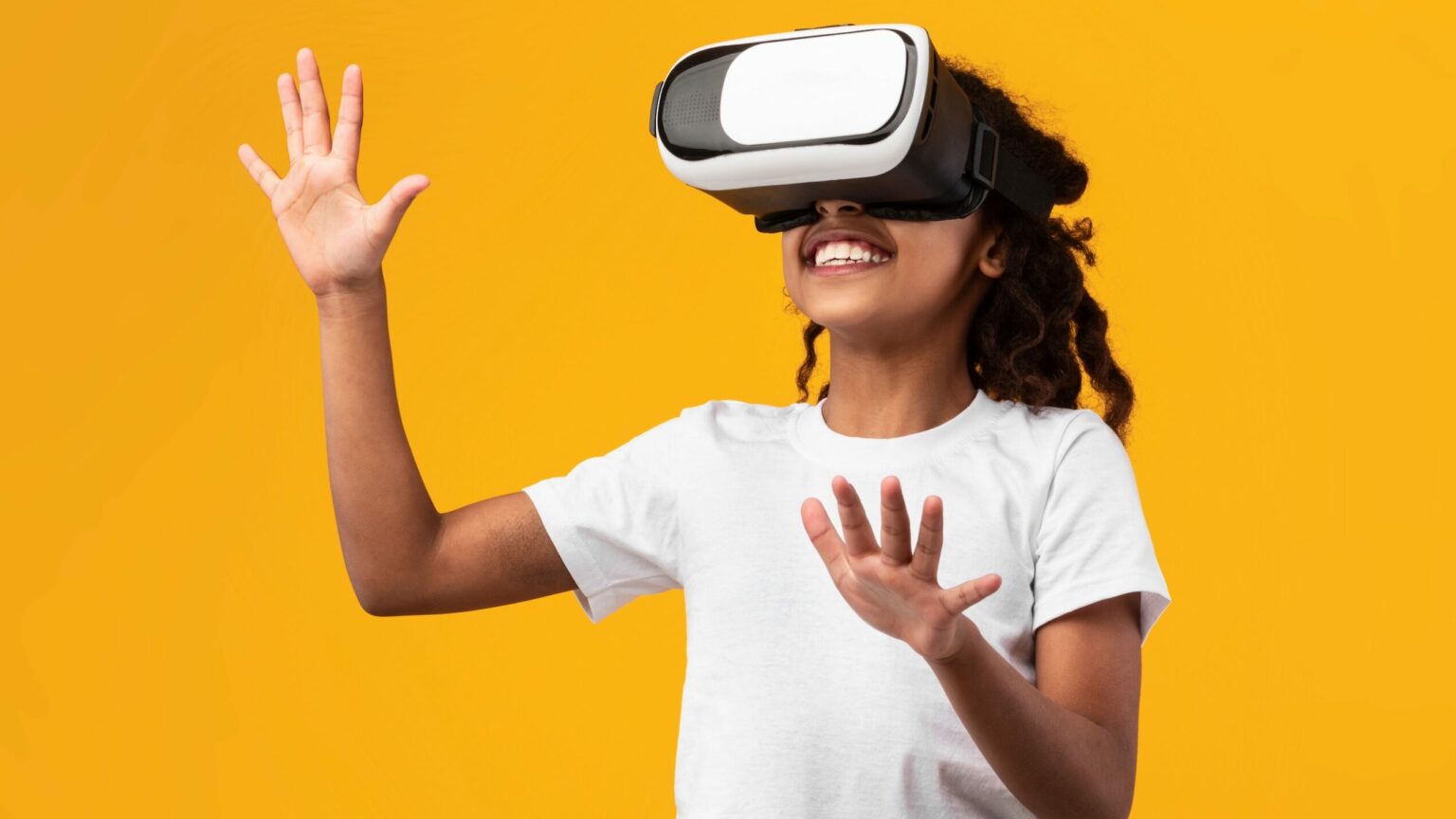A new report by immersive media company Everyrealm has shined a spotlight on young people’s use of technology. The “Immersive Media Market Report” suggests members of Gen Alpha (born after 2010) and Gen Z (born in the mid-to-late 90s) prefer virtual worlds and social video gaming to social networks like Instagram and Facebook.
Published this week, the report reveals that young digital natives are leading the transition from 2D social media platforms to immersive virtual worlds that combine elements of interaction, gameplay, digital identity, and asset ownership.
Also read: Is Your Privacy Protected in the Metaverse?
Social Media is Yesterday’s News
Among several interesting revelations to come from the survey is that young audiences spend 5x as much time in immersive digital environments as they do trawling through social networks. As for reading books, the report didn’t even mention this anachronistic pastime.
While Instagram was said to arrest the attention of users for around 30 minutes each day, the average Roblox session lasted 2.5 hours. A massively-multiplayer online gaming platform, Roblox hosts over 50 million daily players and generated $1.9 billion of revenue in 2021.
“Immersive media is becoming an increasingly popular leisure activity to the detriment of other media formats – a trend which marketers and companies need to prepare for,” the report noted.
Giving its view on the popularity of social video games and virtual worlds, Everyrealm’s authors suggested such platforms offered a superior level of interactivity and engagement than that which is provided by traditional forms of media.
“Video games are no longer just a form of entertainment and have instead become an entire lifestyle. Players are able to connect with friends, create their own content, and customize the game to their liking – all of which satisfies their social requirements and desires for customization,” the report said.
Defining Immersive Media
Immersive media is an umbrella term that encompasses virtual worlds (The Sandbox, Decentraland), social video gaming, the metaverse, interactive experiences, VR/AR, and haptics. The appeal of building virtual lives in vast online worlds is no secret, though the report exposes just how much distance the sector is putting between itself and social media.
Thanks @NYTimes for the coverage validating the #immersivemedia industry, which allows users to engage in interactive spaces and build parallel lives in virtual worlds. Life starts with home—and The Row is a project that reimagines home for a new, digital environment. pic.twitter.com/hfGFKmLKe4
— Everyrealm (@Everyrealm) February 21, 2023
Some 90% of Gen Alpha and Z users said they considered themselves to be gamers or game enthusiasts, while over half said they were able to express themselves more easily in virtual worlds, compared to real life.
What’s more, around half of this youthful cohort spent approximately $60 billion each year on games, subscriptions and virtual goods such as armor, swords, and loot boxes.
This virtual goods market accounted for nearly $61 billion by itself in 2021, though a crypto winter has reduced the value of many items tokenized on the blockchain. Statista forecasts that this market could surge past the $200 billion mark by 2028.
Everyrealm has a dog in this ideological fight, of course: it’s the company behind virtual-community-driven projects like The Row and Fantasy Islands, as well as the upcoming social video games Narcos: Metaverse and Hometopia.
That young people will continue to drive the advancement of the immersive media space seems like a no-brainer, particularly as more sophisticated VR technology comes online. The question is, how will social media companies react to losing ground? And how will this growing obsession with virtual worlds shape the destiny of youngsters back in the real world?









 and then
and then